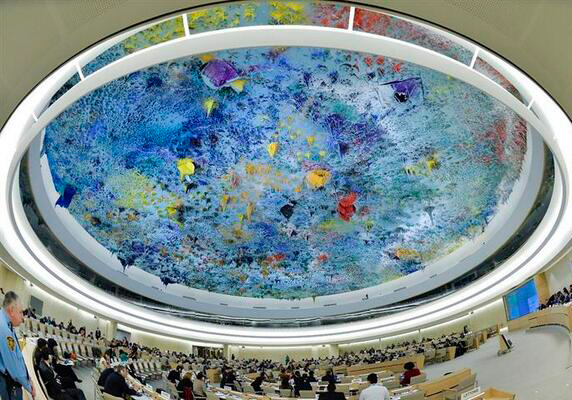The ICJ today stressed the need of judicial reform in Tajikistan in its statement before the UN Human Rights Council during the discussion of the outcome of the Universal Periodic Review of Tajikistan.
The statement reads as follows:
“Mr President,
The International Commission of Jurists (ICJ) welcomes the acceptance by Tajikistan of the recommendations by Armenia (123.61), Uzbekistan (123.134), Australia (123.135), and Canada (123.137) to ensure an independent judiciary and the right to a fair trial.
Yet, the ICJ notes that despite multiple judicial reforms, the judiciary in Tajikistan is not independent. Self-governing bodies of the judiciary are weak and individual judges remain highly vulnerable to pressures from within or outside the judiciary. Judges are not able to adjudicate cases independently and court presidents influence decision making in all cases.
These deficiencies have real consequences for human rights protection, including the fairness of court proceedings, resulting in almost no acquittals in criminal proceedings.
The ICJ further welcomes the acceptance of recommendation by Norway (123.166) to ensure that lawyers are guaranteed full independence and safety.
The ICJ regrets, however, that Tajikistan did not accept the recommendations by Ukraine (123.149), France (123.162), Luxembourg (123.171 and 123.172) calling to stop interference with an independent work of lawyers and release those detained. In practice lawyers are often facing harassment for carrying out their professional duties. Since 2015, a number of lawyers have been sentenced to lengthy prison terms on bogus chargers of fraud, corruption and other crimes, likely for political motives.
Tajikistan should implement a comprehensive judicial reform which allows for the independent administration of justice by judges who are capable of protecting human rights. Lawyers should be able to carry out their professional duties without intimidation, hindrance, harassment or improper interference.
I thank you.”
Contact:
Massimo Frigo, ICJ UN Representative, e: massimo.frigo(a)icj.org, t: +41797499949





